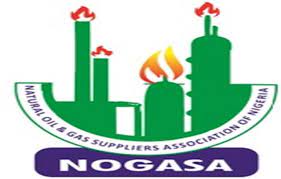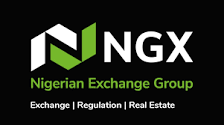The Natural Oil and Gas Suppliers Association of Nigeria (NOGASA) has partly linked the lingering scarcity and high price of Premium Motor Spirit (PMS) to sundry challenges, particularly the high price of Automotive Gas Oil (AGO) also known as diesel.
The National President of the association, Mr. Benneth Korie, who spoke on the downstream hiccups over the past months while interacting with journalists in Abuja, maintained that the major cause of unavailability of PMS was diesel being purchased by truck transporters at extremely high cost, leaving them without any profit.
The National Bureau of Statistics (NBS) in its ‘Automotive Gas Oil (Diesel) Price Watch (November 2022)’ reported that the average price paid by consumers in November 2022 for the item was N808.87 per litre.
According to the statistics agency, the price signified a 191.14% increase from the N277.83 recorded in November 2021 and a 0.97% rise from the N801.09 recorded in October 2022.
Speaking on the challenges of his members in lifting fuel and other fossil fuel products across the country, the NOGASA chief lamented: “We use diesel too to carry all the petroleum products, the vessels carry diesel too, we use diesel too to operate the filling stations and depots, these contribute a lot to the scarcity because of its high cost.
“If diesel is brought down to N170 as it used to be before, then PMS will be sold at a lower price. Subsidy on diesel should be even better than on PMS”, Korie added.
According to him, marketers are not happy selling above N200 per litre but because of high cost of getting fuel to the stations they have no choice than to sell at current prices since that is the only way they could assist Nigerians to ensure product availability.
He clarified: “All our products are being imported, we use vessel to bring in products to the depot which is costly and currently the depot owners are paying close to 85,000 dollars per day to bring in products.
“If you calculate it, including the cost of running the depot and taking products to filling stations, then Nigerians will consider the amount spent and understand better”, he added
Expatiating on the road network challenge, Korie said: “Port Harcourt to Abuja road, is so bad that marketers and transporters are losing profit daily. If the road could be fixed, it will help the distributors and the situation will improve.
“70 per cent of the delay of getting the products to stations is caused by bad roads, while forex contributes 95 per cent of the cost of importation.
“We use dollars to pay for shipment, port authority and Nigerian Maritime Administration and Safety Agency (NIMASA). So, when talking about what it costs to bring these products Nigerians should also consider other things but not just price.
“Marketers need to make profit in the business but no amount you sell the product would be good for Nigeria. The issue is not about price or cost but availability and distribution of the product”, he stressed




